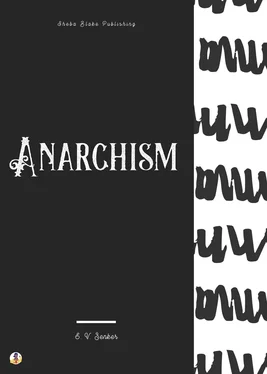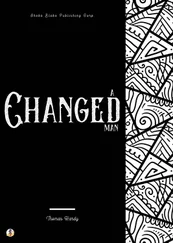In a struggle for a free form of the State, which lasted almost half a century, the proletariat and its misery had grown without cessation. They had fought for constitutional monarchy, for the Republic, and for the Empire; they had tried Bourbons and Bonapartes and Orleanists; they had gone to the barricades and to the field of battle for Robespierre, Napoleon, and finally for Thiers; but of course their success was always the same: not only their economic position, but also the social condition of the lower masses of the people had remained unchanged. It was recognised more and more that between the proletariate and the upper classes there was something more than a separation of mere constitutional rights; in fact, that the privileges of wealth had taken the place of the privileges of birth; and the more the masses recognised this the more did their interest in purely political questions, and, above all, the question as to the form of the State, sink into the background, while it became more and more clearly seen that the equality of constitutional rights was no longer real equality, and that the attainment of equality necessitated the abolition of all privileges, including also the privilege of free possession or of property. Henceforth, therefore, every revolutionary power attacks no longer political points but the question of property, and even though all movements did not proceed so far as to open Communism, yet they were animated by the main idea that the question of human poverty was to be solved only by limitation of the right of free acquisition, possession, and disposal of property.
The dogma of the sanctity of property was in any case gone for ever. But still the last dogma, that of the inviolability of the State, remained. The Franco-German Socialists of the third and fourth decades of our century, Saint-Simon, Cabet, Weitling, Rodbertus, down to Louis Blanc himself, did not think of denying the State as such, but had thought of it as playing the principal part in the execution of their new scheme of organisation of industry and society. But the very character of the new reforming tendencies necessitated an unlimited preponderance of State authority which would crush out the freedom of decision in the individual. And a directly opposite tendency, opposed to all authority, could appear, therefore,—though certainly from the nature of the case necessary,—at first only as a very feeble opposition.
The principle of equality was not disputed, but the use of brute force through the power of the State was regarded with horror in the form in which the followers of Baboeuf, the enthusiasts for Utopianism, preached it. The necessity for an organisation of industry was not denied, but men began to ask the question whether this organisation could not proceed from below upwards till it reached freedom? Already Fourier’s phalanxes might be regarded as such an attempt to organise industry through the formation of free groups from below upwards; an attempt to which the Monarchists and Omniarchists are merely an exterior addition. If we leave out of consideration the rapid failure of the various Socialistic attempts at institutions based upon the foundation of authority, yet the sad experiences of half a century filled with continual constitutional changes would have sufficed to undermine the respect for authority as such. Absolute monarchy as well as constitutional, the Republic just as much as Imperialism, the dictatorship of an individual just as much as that of the mob, had all alike failed to remove pauperism, misery, and crime, or even to alleviate them; was it not then natural for superficial minds to conclude that the radical fault lay in the authoritative form of society in the State as such? did not the thought at once suggest itself that a further extension of Fourier’s system of the formation of groups on the basis of the free initiative of the individual might be attempted without taking the State into account at all? But here was a further point at which a system of social and political Anarchism might begin with some hope of success, and here it actually did begin with Proudhon.
Конец ознакомительного фрагмента.
Текст предоставлен ООО «ЛитРес».
Прочитайте эту книгу целиком, купив полную легальную версию на ЛитРес.
Безопасно оплатить книгу можно банковской картой Visa, MasterCard, Maestro, со счета мобильного телефона, с платежного терминала, в салоне МТС или Связной, через PayPal, WebMoney, Яндекс.Деньги, QIWI Кошелек, бонусными картами или другим удобным Вам способом.












